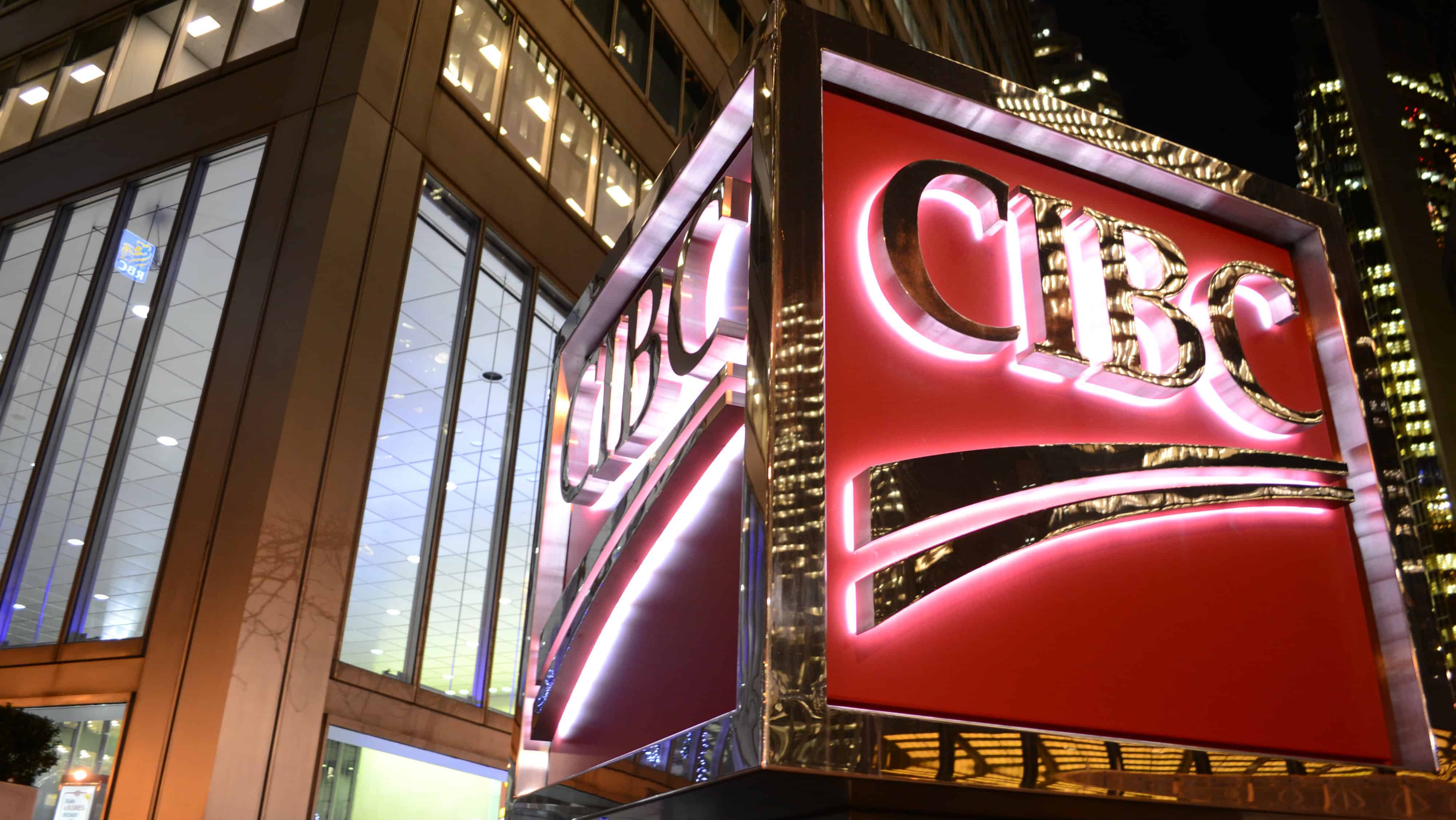Bank stocks are starting to catch a tailwind after the brutal sell-off that hit the sector in the last few months, and investors are wondering which names might be interesting buys right now.
Let’s take a look at Canadian Imperial Bank of Commerce (TSX:CM)(NYSE:CM) to see if it deserves to be in your RRSP portfolio today.
Housing risk
CIBC is the smallest of the Big Five Canadian banks with a current market capitalization of about $47 billion. The stock often trades at a discount to its larger peers due to its exposure to the Canadian economy, and that remains the case today.
CIBC finished fiscal Q4 2018 with $202 billion in mortgages and $22 billion in home equity lines of credit for total housing exposure of $224 billion. Royal Bank, which has a market capitalization of $140 billion, had total mortgages and HELOCs of $283 billion at the end of fiscal 2018.
The surge in the Canadian housing market in the wake of the Great Recession has driven strong earnings at all of the Canadian banks. With interest rates starting to rise, there is a concern that some homeowners could get caught with payments they can’t afford, and that might trigger a rise in defaults.
If the market rolls over and house prices tank, CIBC would likely take a more meaningful hit than the larger competitors.
At the moment, the housing market is holding up well despite five rate hikes, and it appears the Bank of Canada plans to slow down the pace in 2019. This should give homeowners a chance to adjust to the changes in their monthly expenses.
Oil risk
Alberta is going through a rough patch, and that could cause some trouble for CIBC’s energy portfolio if things get worse. The company had $7.9 billion in drawn exposure at the end of the last quarter, of which 60% of the loans are investment grade. Oil prices have started to recover, so we might have seen the bottom in the oil pullback, but it’s still too early to know.
Dividend
CIBC has a solid track record of dividend growth, and the payout should be safe. The current distribution provides a yield of 5%.
Should you buy?
CIBC is well capitalized with a CET1 ratio of 11.4%, so things would have to get pretty bad before the bank sees any material losses.
At the time of writing, the stock trades at just under $107 per share compared to $101 near the end of December. It was above $124 at one point last year. Investors who stepped in two weeks ago are all smiles, but the stock still trades at a trailing 12-month price-to-earnings ratio of 9.2, which looks pretty cheap today.
Profits remain robust and fears of a potential housing crash might have been overdone. In addition, CIBC has taken measures to diversify its revenue stream with the US$5 billion acquisition of PrivateBancorp.
If you have some cash available and don’t mind a bit of oil risk, CIBC should be an attractive pick for a buy-and-hold RRSP portfolio today.









